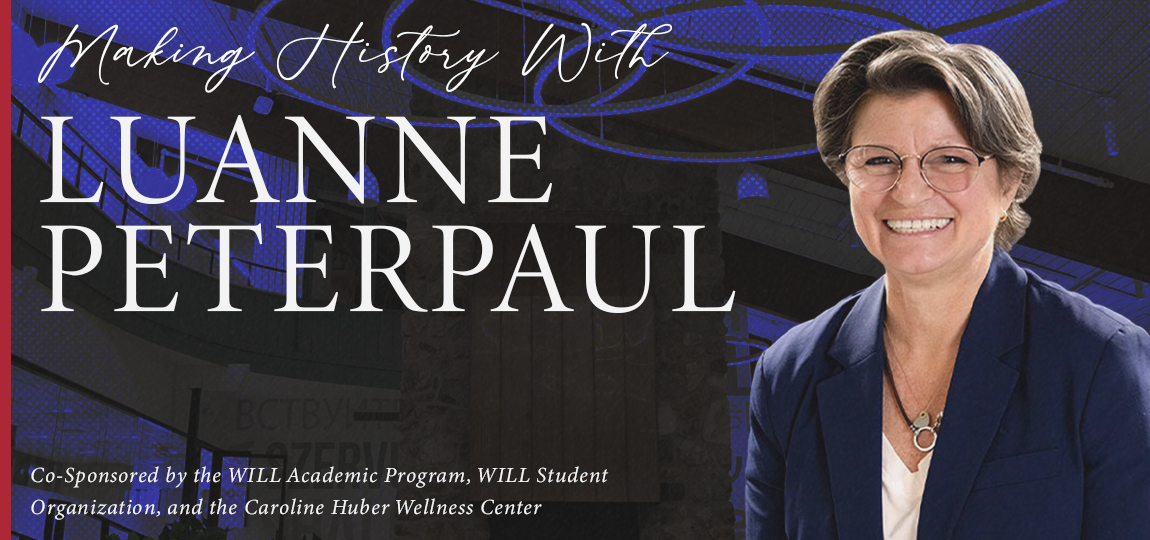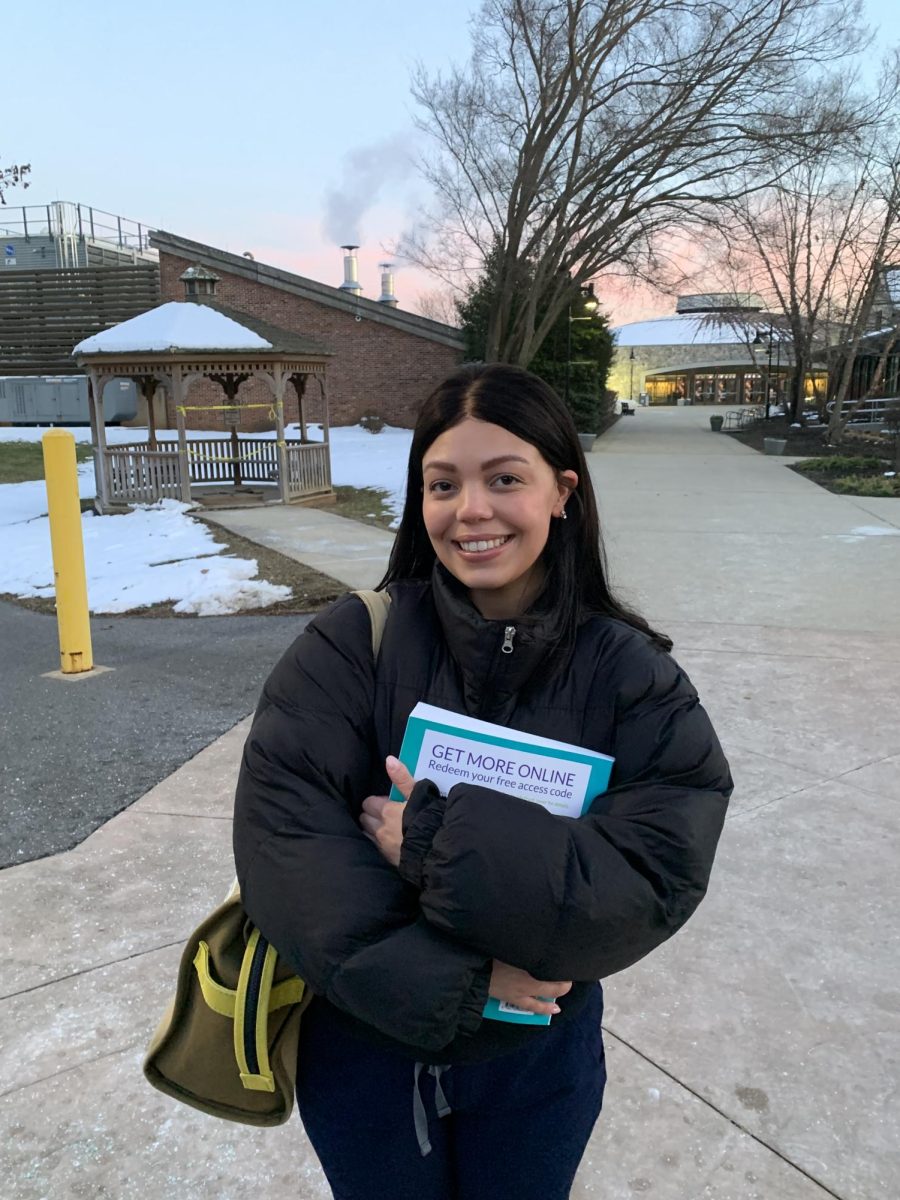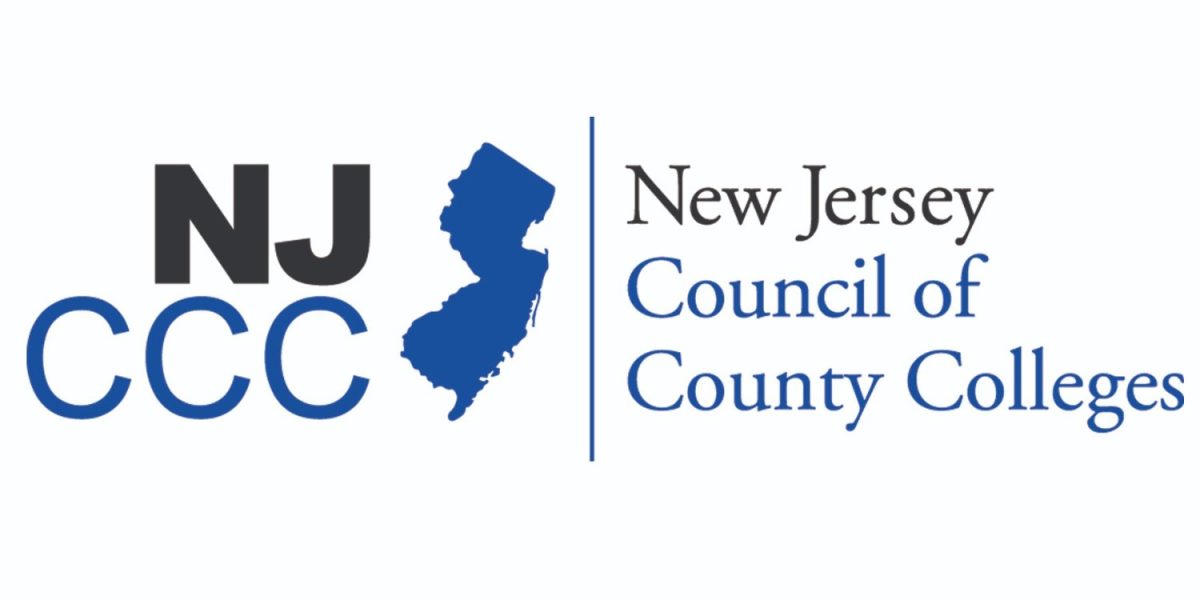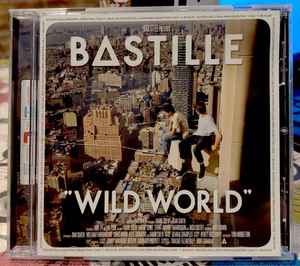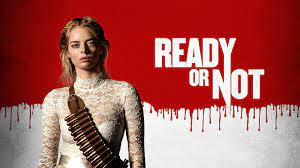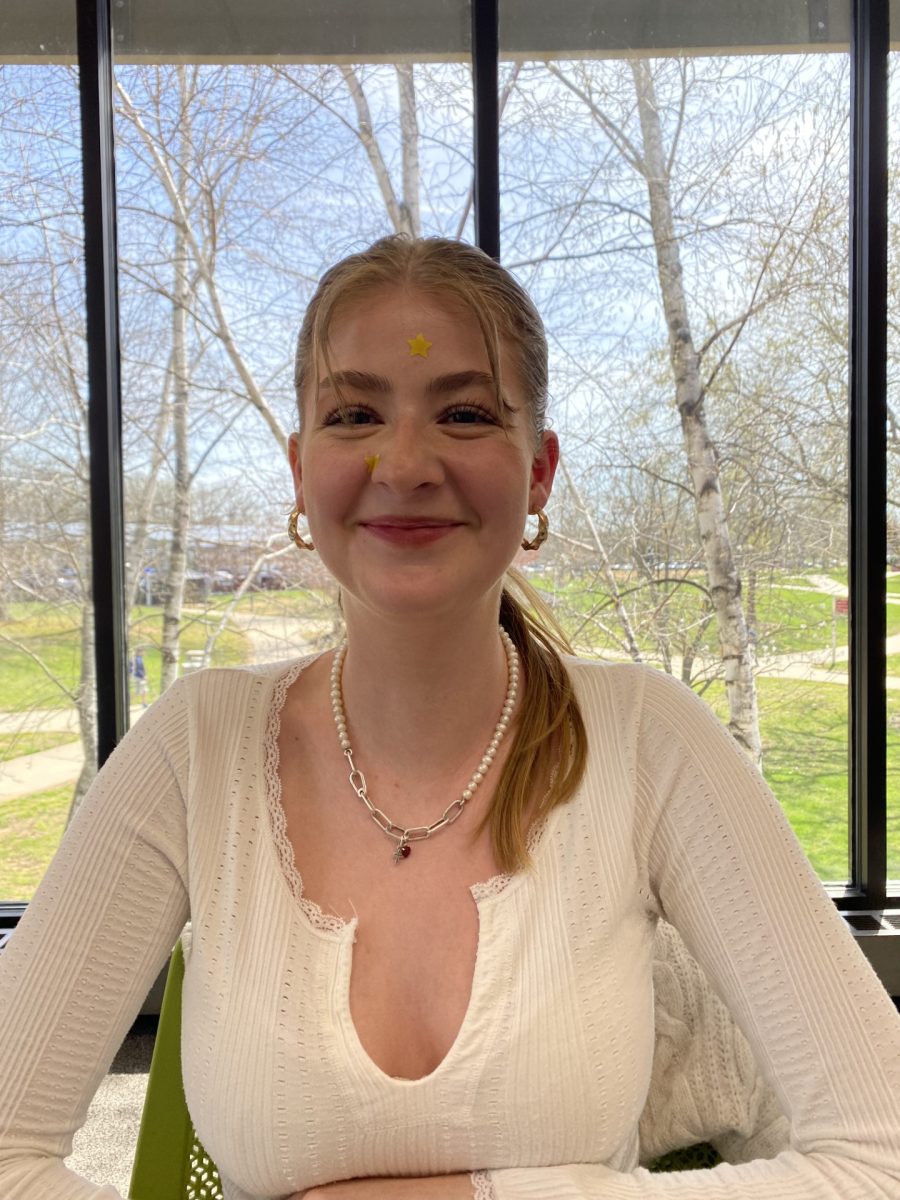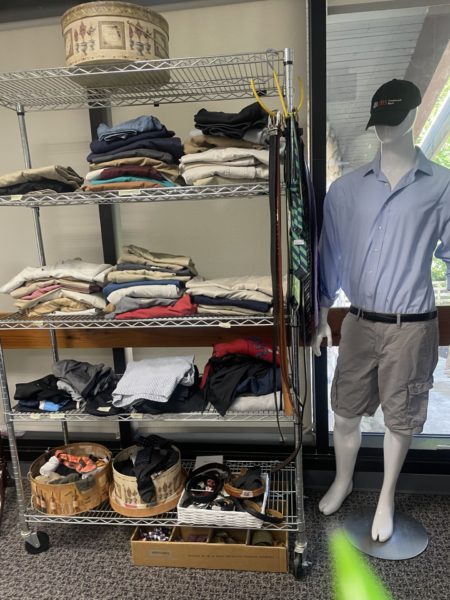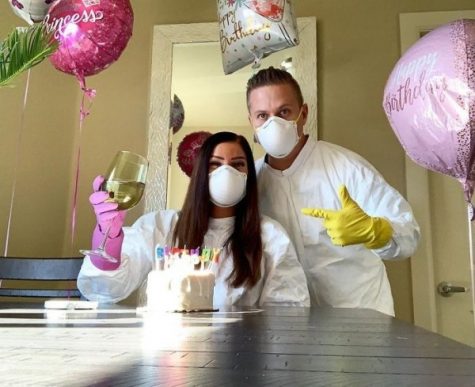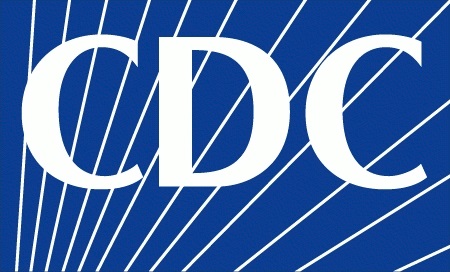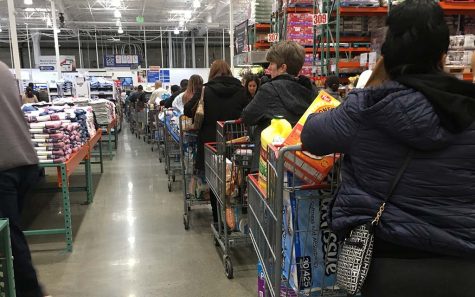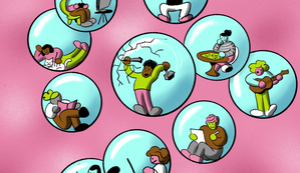The Power of Kindness in Times of Crisis
April 1, 2020
With the news revolving around the COVID-19 pandemic, it is easy to get wrapped up in negativity. However, there is a silver lining amidst the bleakness: the fact that the pandemic is bringing out the best in humanity. There are numerous heartwarming stories of human benevolence that demonstrate the power of kindness in times of crisis. Read on to find out how people are helping one another cope with their COVID-19 hardships…and how you can help, too.
1. A neighbor brought a United Nations staff member art paper, charcoal pencils, and crayons to give his 7-year-old daughter, who is taking online classes. The girl said to her parents, “I’m happy because I can draw while Daddy and Mommy are working.” She used the gifts to draw a picture of a blossoming cherry tree.
2. New York Times Journalist Lauren Katzenberg is fostering a homeless dog named Wyatt to decrease pressure on dog shelters and keep her company during her self-quarantine.
3. Oregon resident Rebecca Mehra helped an elderly couple go grocery shopping. Mehra wrote on her Twitter account: “As I was walking in I heard a woman yell to me from her car. I walked over and found an elderly woman and her husband. She cracked her window open a bit more, and explained to me nearly in tears that they are afraid to go in the store.” Mehra discovered the couple was in their 80s and worried about their health. The couple gave Mehra a shopping list and $100. After Mehra bought the groceries, the woman said she sat in the car for almost 45 minutes before Mehra came.
4. An anonymous Spanish doctor at Madrid’s Princesa Hospital began a letter writing program for people who have been hospitalized with severe cases of COVID-19. The doctor asked people to write to patients about their lives and encourage them to continue fighting their illnesses. This program went viral on social media and more than 30,000 people sent letters to patients.
5. Schools are giving drive-through meals to students while classes are canceled . According to the School Nutrition Association, over 2 in 3 American students who routinely eat school lunches rely on free or reduced-price school lunches as a key component of their diet. In San Francisco, for example, 18 food pick-up sites provide children with free breakfast, lunch and pantry foods. At Florin Elementary School, the staff provides free food to students and parents driving in. Additionally, people in Arlington County, Virginia, are raising money to buy grocery cards for families that depend on free or reduced-price lunch.
4. A woman at a Publix market checkout line in Florida paid for the groceries of the man in front of her who recently lost his job due to the COVID-19 outbreak. She gave him a gift card so he could buy more food for himself and his family in the next month.
5. Athletes help low-wage workers. The NBA and NHL suspended operations in order to slow the spread of COVID-19. This had a negative impact on stadium workers who earned low hourly wages. According to CBS reports, Dallas Mavericks owner Mark Cuban is making plans to financially support people who lost their jobs, and NBA star Kevin Lowe is donating $100,000 to help Cleveland Cavaliers arena workers. NBA rookie Zion Williamson is paying the salaries of basketball stadium workers in New Orleans. “These are the folks who make our games possible, creating the perfect environment for our fans and everyone involved in the organization. Unfortunately, many of them are still recovering from long term challenges created by Katrina, and now face the economic impact of the postponement of games because of the virus,” Williamson wrote on his Instagram. “My mother has always set an example for me about being respectful for others and being grateful for what we have.”
8. Healthcare workers received a round of applause for their heroic work. In Italy, Spain, Portugal and the Netherlands, residents stood together on balconies at 10 p.m. one evening to applaud the healthcare workers who have been on the front lines during this crisis, risking their lives to care for people infected with COVID-19.
After reading these stories, you may be wondering how you can help make a difference while practicing social distancing measures. Here’s what you can do:
Donate money or food to your local food bank or other charities. For information on the specific organizations that are accepting donations at this time, go to these websites: https://goop.com/wellness/environmental-health-civics/how-to-help-others-during-covid-19/ or https://www.who.int/emergencies/diseases/novel-coronavirus-2019/donate
Finding ways to help feed students who rely on school lunches. You can contact your local public school district about assisting with distribution or preparation. Consider other resources besides food students might be missing when schools are closed, such as free wifi.
Check on the most vulnerable members of your community, such as homeless people and the elderly.
Donate blood. Due to the COVID-19 outbreak, 4,500 blood drives have been cancelled, causing a loss of over 150,000 blood transfusions. However, the demand for blood hasn’t declined. Look on the American Red Cross website for information on places where you can donate blood. In light of the outbreak, more safety measures and hygiene protocols have been established.
Celebrate the following healthcare worker appreciation days by sending thank you letters and goody bags to healthcare workers (just be sure to check with healthcare places first): National Doctors Day on March 30, National Medical Laboratory Professionals Week from April 22 to 28, National Nurses Week from May 6 to 12, National Hospital Week from May 6 to 12, National Nursing Home Week from May 13 to 19 and Emergency Medical Services (EMS) Week from May 20 to 26.
Increase awareness of COVID-19 on social media. You can share information on social media about what people’s needs are during this time and what you are doing to make a difference. Encourage people to support the charities they are devoted to and offer advice on places people can donate to. Emphasize the importance of social distancing.
You might not think you can have much of an impact on other people’s actions. However, by setting an example and advocating for the individuals in need of our help, you will inspire others to do what they can to help as well.
Although the world is plagued with uncertainty over when the pandemic will subside, the remarkable displays of kindness observed offer a glimmer of hope in an otherwise bleak situation. So long as we all do our part to help other people, we will get through this crisis and future crises together. Kindness, love, and unity – not selfishness, hatred and division – will prevail over COVID-19. The beauty of human nature is one thing COVID-19 can’t take away from us.


